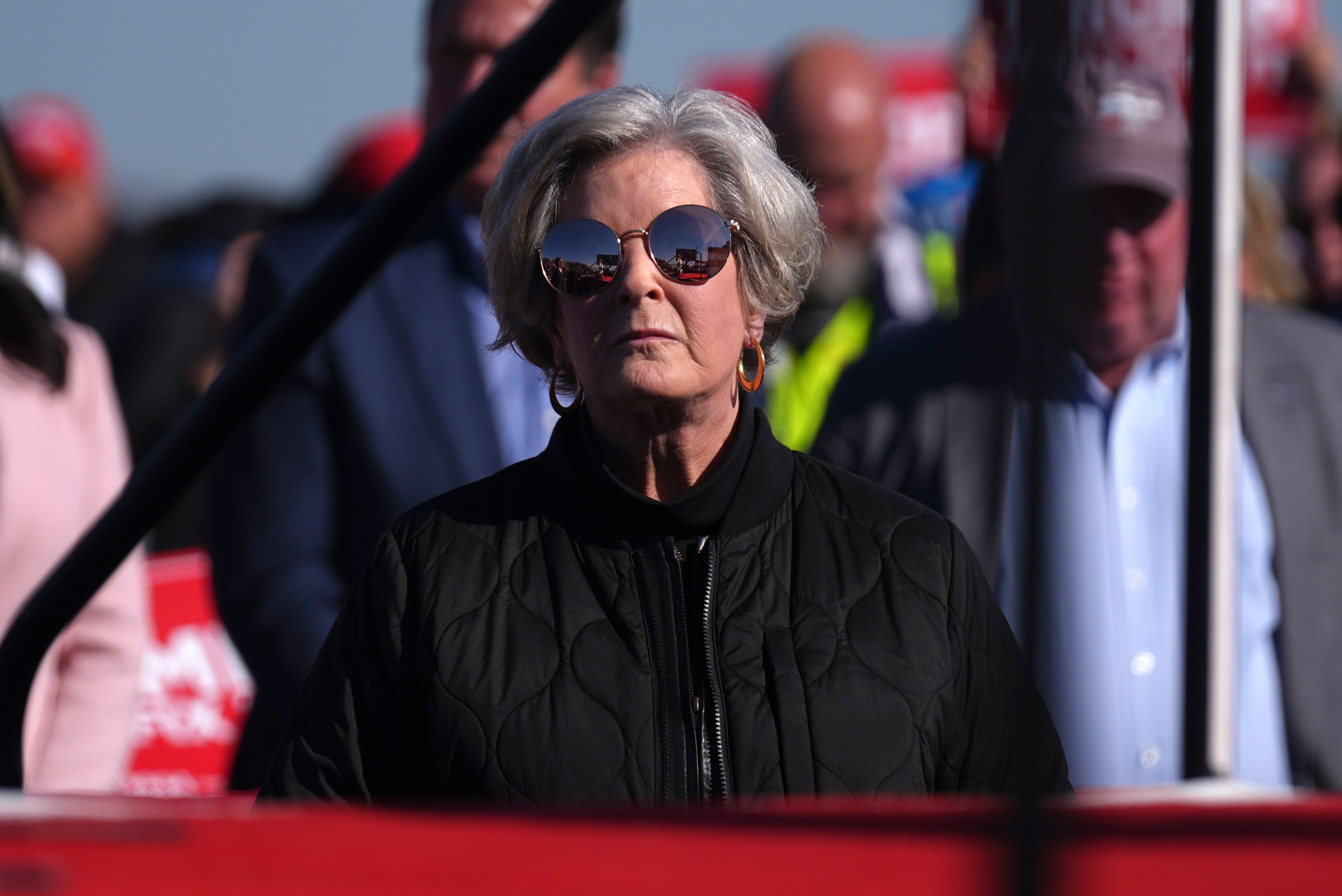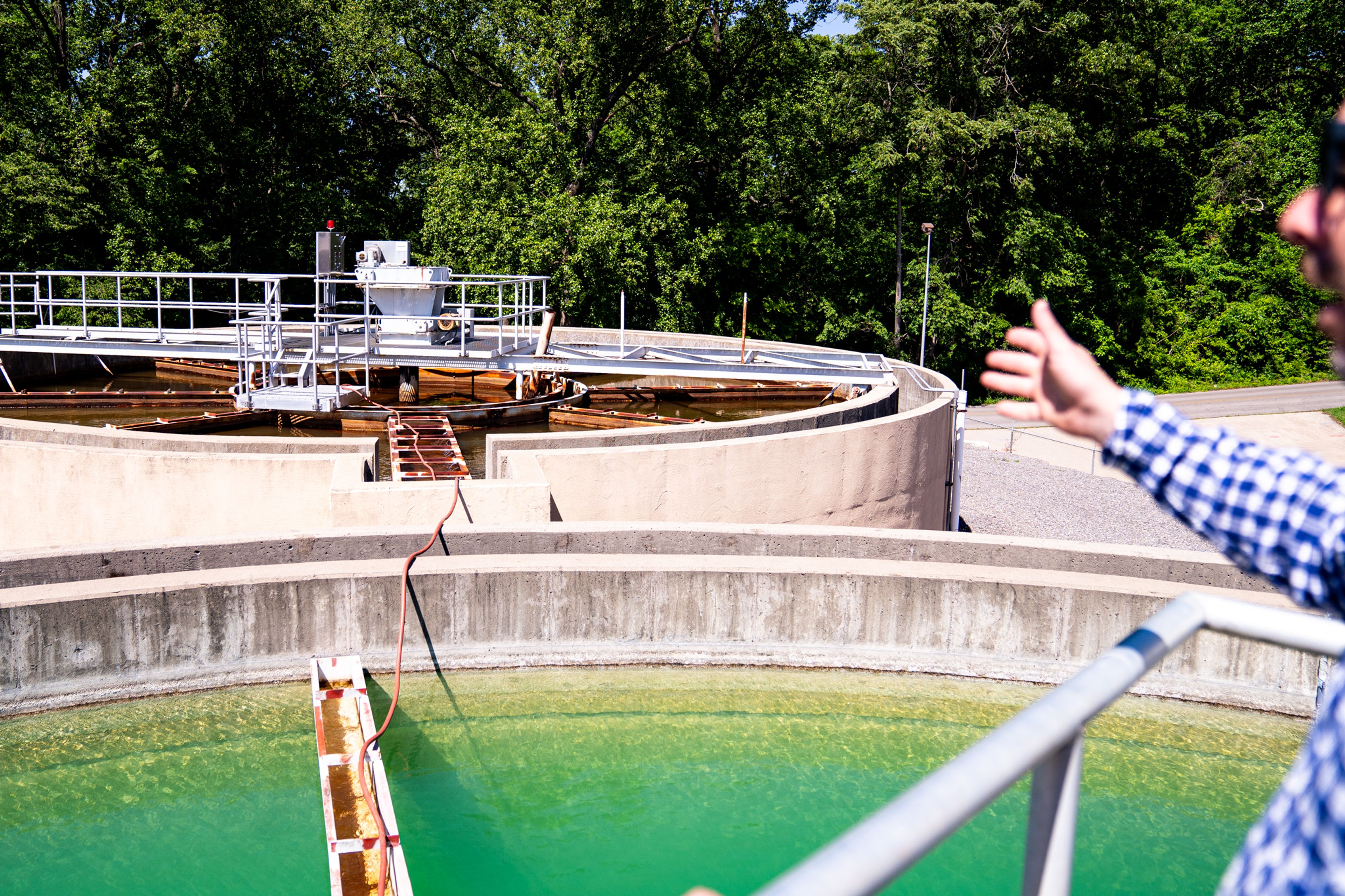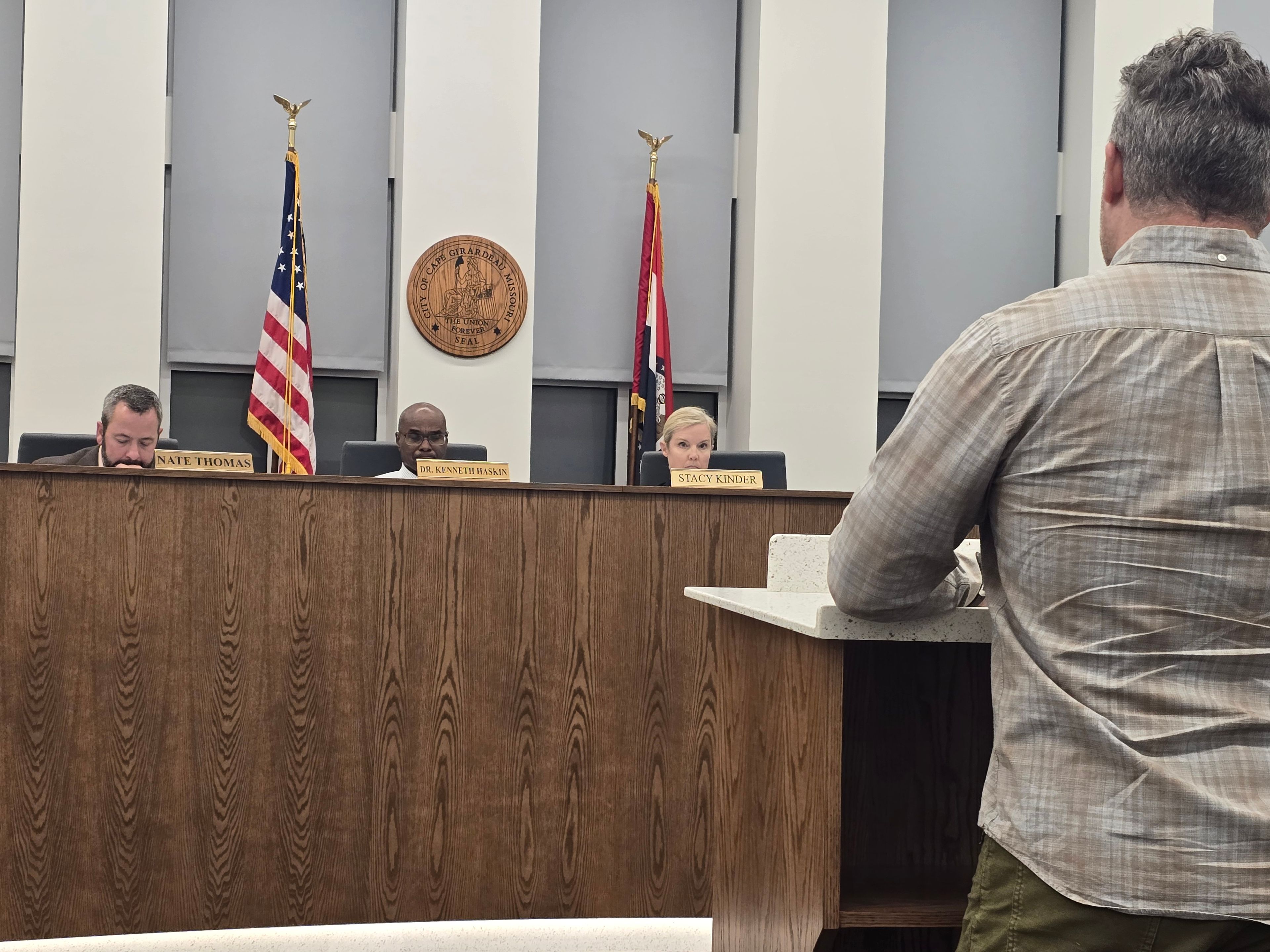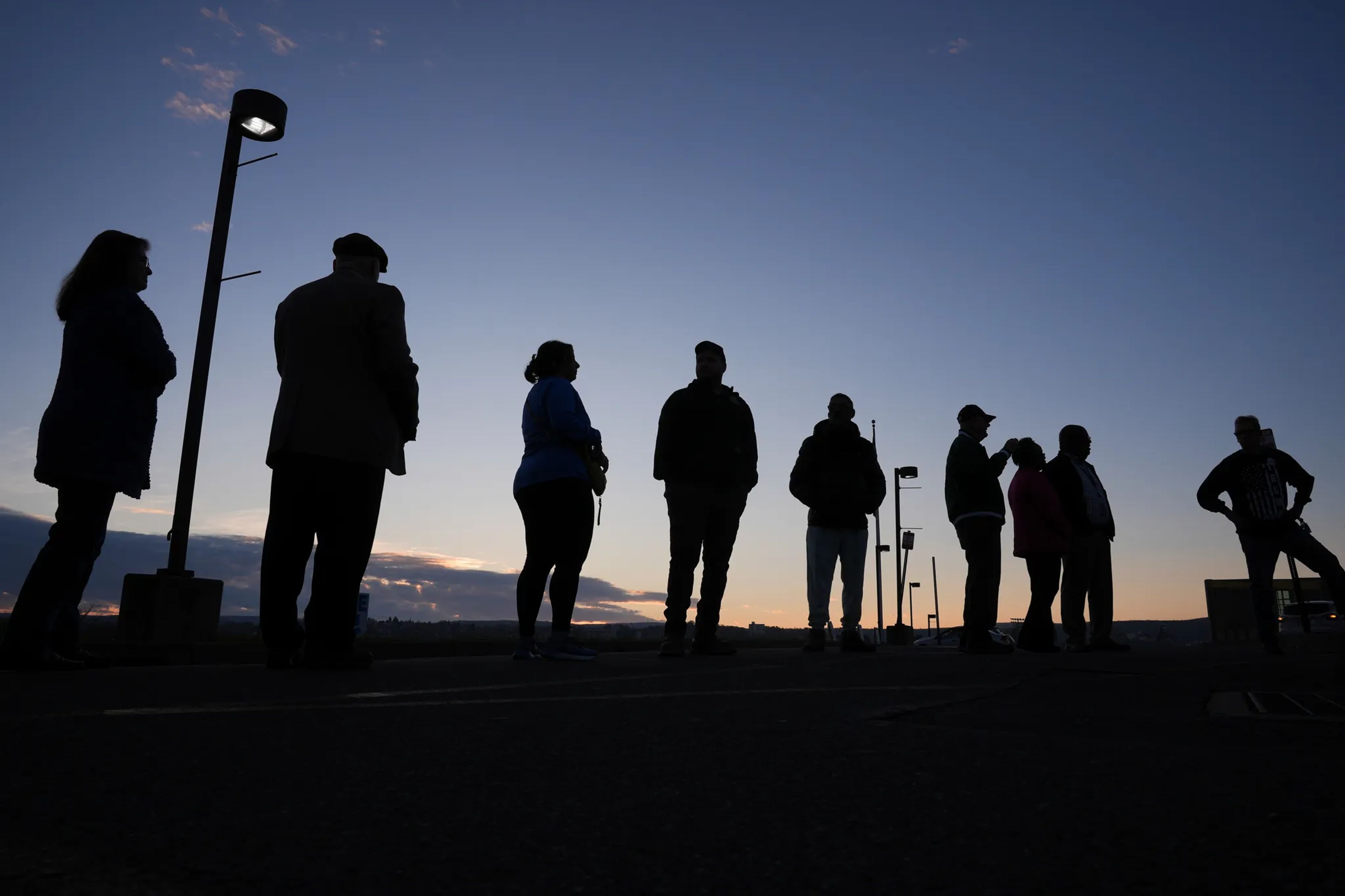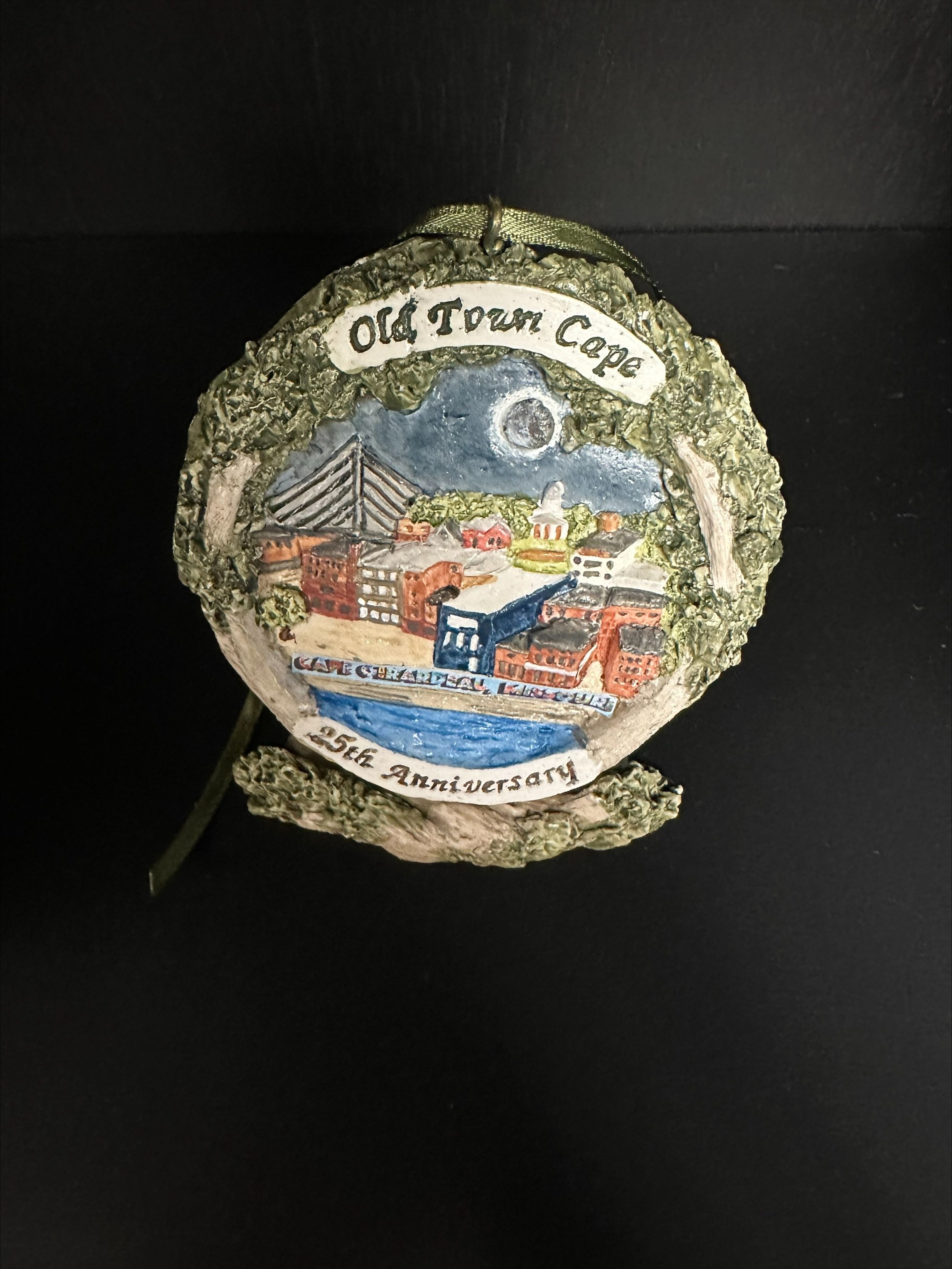MISSOURI AMONG 20 STATES WITH CHARTER SCHOOLS
JEFFERSON CITY -- Missouri is among 20 states experimenting with charter schools, a concept that provides additional funding to public schools, grants funded programs academic and administrative autonomy, and empowers them to adopt their own curriculums...
JEFFERSON CITY -- Missouri is among 20 states experimenting with charter schools, a concept that provides additional funding to public schools, grants funded programs academic and administrative autonomy, and empowers them to adopt their own curriculums.
Missouri became a part of the charter movement in 1993 with enactment of Senate Bill 380, the Outstanding Schools Act. The statute permits creation of a five-year experimental program with special funding in a selected number of districts chosen by the Department of Elementary and Secondary Education.
A charter school is created by a contract negotiated between selected schools and the state education department. The charter lists how the programs will be run, what will be taught, how success will be measured and what outcomes will be achieved by students.
The three districts approved for Missouri's pilot projects are in Belton, which is 20 miles south of Kansas City; Joplin and Columbia. The state's New Schools Project establishes a special, broadened curriculum for the Belton High School, creation of a middle school in Joplin and establishment of a special course of studies at an elementary school in Columbia. There are 1,725 students enrolled in the pilot projects.
Each of the charter schools is operating under separate organizational rules:
-- At Belton, where high school dropout rates have alarmed the community, major restructuring has taken place, including adoption of a four-block schedule to stir interest among unmotivated students. Under the schedule, students attend four 85-minute classes each day along with a 25-minute conference. A semester-long class is covered in one nine-week term. The school also plans an alternative school to focus on school-to-work transition efforts, while an evening school will be established for students who have already left high school because of attendance and behavioral problems or pregnancy.
-- At Joplin, the charter concept has seen creation of a school called Park Academy, which has had an initial enrollment of 100 for grades six through eight. Each year another level will be added until 250 students in grades six through 12 are enrolled. The new school, at a former Naval Reserve training center being leased by city government, will serve an additional 260 fourth- and fifth-graders in a junior academy. Joplin school officials hope the academy will serve as a model of exemplary educational practices and a catalyst for major systemic changes in the district.
-- The charter experiment for elementary schools is Columbia's Derby Ridge Grade School, a collaborative effort of the unit, the University of Missouri College of Education, and the Project Construct National Center in Washington. With 525 students enrolled, Derby Ridge has four major components: 1) expanding the educational delivery system of Project Construct beyond kindergarten and first grade through grade five; 2) furnishing a computer work station in each classroom to provide students with access to educational networks; 3) launching a partnership with community agencies to provide child- and family-support services at the school; and 4) redesigning the teacher education program at the University of Missouri's College of Education.
Susan Cole, coordinator of charter programs with the state education department, said: "The project is a means of looking at new ways of managing schools. At the end of the program, we'll be able to see whether these schools have achieved success through more collaboration, more community support and higher student performance."
Funding of the projects is to be appropriated each year by the General Assembly under the provisions of the Outstanding Schools Act.
Since 1991, 200 charter units have been authorized in the 20 states that have enacted legislation establishing them, and 110 were already operating.
The three charter schools in Missouri are in the second year of the program. They receive a total of $2.8 million in special appropriations annually.
There was no provision in the Outstanding Schools Act for the pilot program to be extended to private or parochial schools in Missouri. The statute specified that tax-supported public schools should be chosen, using charter criteria. Neither is there a provision for extending the pilot program beyond fiscal 1999.
An educational evaluation firm has been employed to make regular analyses of progress of the experiments. The first report on the program will be made next spring, said Cole.
Missouri is among the majority of states testing new education programs that prohibit private schools from becoming charters. Only two states -- Arizona and Michigan -- permit the private-to-charter conversion, and both states have made the process difficult through qualifications that minimize advantages to non-public schools.
Connect with the Southeast Missourian Newsroom:
For corrections to this story or other insights for the editor, click here. To submit a letter to the editor, click here. To learn about the Southeast Missourian’s AI Policy, click here.
